Writing Fiction, Building blocks
I expect I am the same as many writers in that I love writing, but I don’t find it easy. Some days it feels almost impossible to get the words down, and yet, if you are to deliver a novel that is exactly what you must do. A professional produces even when they feel as though they can’t.
When I first started out I read everything I could find on the subject of writing. I watched YouTube clips of authors explaining the craft, and trying to put into the words the indescribable – the ‘art’ part of what we do. What follows is what I’ve gleaned after writing four novels. The first two were not published, but I got lucky with the third, and my fourth will be out next year.
This advice is what works for me. Everybody writes differently and what works for me may not work for you. Hopefully though, you might find something of use in what I have to offer. I’ve avoided the nuts and bolts stuff and focused on what I believe is needed to start writing a novel, because in my quest for information this was the part that was lacking. There is lots of advice out there for creating great dialogue, memorable characters etc., but how do you actually go about constructing a long piece of fiction? Here goes…
For me, the start of any novel begins with the theme. It’s what I want to say. It’s my view of the correct way to live in the world. For Just What Kind of Mother Are You? the theme came about from my observation of women expecting the impossible from themselves. It came directly from a story about a mother who made a terrible mistake, simply because she was so overwhelmed trying to balance full time work and children.
Once I have a general theme, then I’m looking for a great premise. Preferably something that hasn’t been done before, something that makes the reader sit up, or feel uncomfortable. Something exciting. And it usually begins with the ‘What if’ question.
What if you’re so busy balancing work and children, you take your eye off the ball, and your friend’s child goes missing?
That’s the premise for Just What Kind of Mother Are You? I took the common premise of the missing child, and twisted in a way that’s not been done before. That’s what publishers are looking for. They want the same but different. Show them something they can relate to but in a way they’ve not seen before.
You probably want to spend some time figuring this out because if your premise is not good, it’s difficult to make the book good – no matter how gifted a writer you are.
Next, I focus on my main character and because I writer thrillers she should be vulnerable to attack. Most of all though she must really WANT something. My main character, Lisa Kallisto, wants to find her best friend’s daughter before it’s too late. If what your character wants is not strong enough, or specific enough, the reader won’t stick with them. Notice we don’t have to really like the character to root for them. We just have to feel their need.
The last part of the planning stage focuses on the antagonist – or to use my preferred term: the baddie. And the one thing you must think about here is the baddie’s motivation. Because if the reader doesn’t believe their reasons for doing what it is they do, they will hurl your book across the room.
If you spend time figuring out the points I’ve listed above before you begin writing, the chances of getting writer’s block are much less. In my experience, writer’s block occurs for two reasons. One, because the writer doesn’t know where the story is heading, and two because of fear.
I have a good general idea of where my story is going before I start, but I still get stuck scene to scene. When this happens I write out longhand the three things which MUST go in the scene before the next scene can be written. And so far this has always worked for me. Other writers plough on and write anything – nonsense if need be – to unlock the story inside. I don’t find this works, I need specifics.
Fear can be trickier to conquer because it can take a while to realise it is that which is preventing us from writing. We are fearful the story is rubbish. We are fearful we are rubbish. We all experience it and the only way through is to acknowledge it, and then get on and start writing. I find my fear diminishes once I’ve got about 150 words down.
Once I’m in the flow of a novel I aim to write 1000 words per day. Some writers achieve much more than this, I know, but this is my limit. They are 1000 good words though. I edit as I go along so that when I’m done, there isn’t a great deal of work to do before I send it to the editor. I have two files on the go and once I have 10,000 words in one file, I shift them across to the main document. This prevents me from ‘over editing’ which can eat up a couple of hours without my realising, meaning I’m already tired before the proper work begins.
Another useful tip is don’t number your chapters. I simply write ‘Chapter’ where necessary, as there’s nothing worse than moving a section of text only to have to renumber everything.
Lastly, the things I need as a writer to keep me sane are:
Fresh air and exercise each day (comes in the form of walking the dog).
Some stretching – I do a bit of yoga before and after the day’s writing.
Permission to be short tempered and generally not a very nice person at around 3pm. This is largely because I’m tired so my husband avoids being in the house at this time.
Good luck and happy writing!
—
Paula Daly lives in the English Lake District with her husband, three children, and dog Skippy. Before becoming a full time writer she was a self employed physiotherapist. Her first novel Just What Kind of Mother Are You? is published by Grove Atlantic and is available in the US from September 3rd 2013.
Follow her on Twitter @pauladalyauthor
- Author Paula Daly
Category: Being a Writer, Contemporary Women Writers, How To and Tips, On Writing, Women Writing Fiction, Women's Books and Writings
Comments (15)
Trackback URL | Comments RSS Feed
Sites That Link to this Post
- Language arts | Pearltrees | May 2, 2014
- Lit education | Pearltrees | April 20, 2014
- Poems | Pearltrees | April 17, 2014
- Featuring Women Writers on WWWB 2013 - Women Writers, Women Books | December 30, 2013

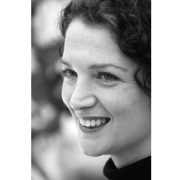






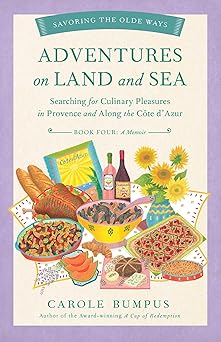

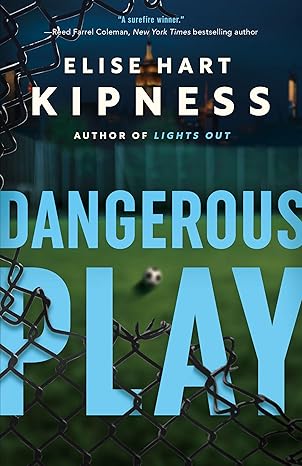
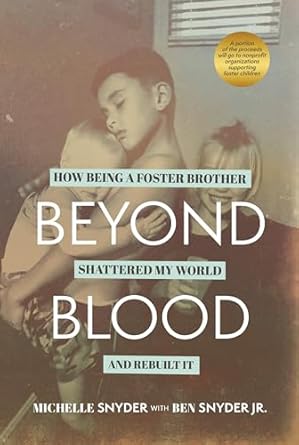
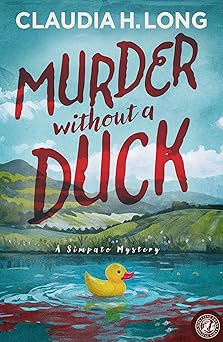
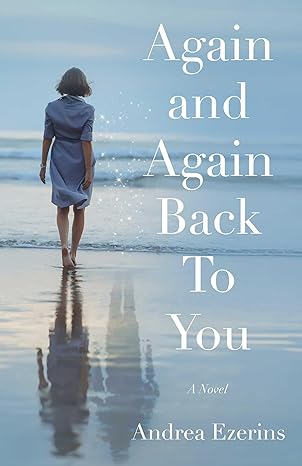
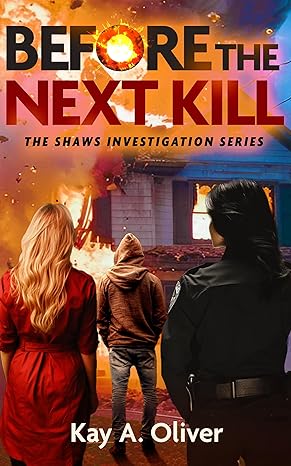
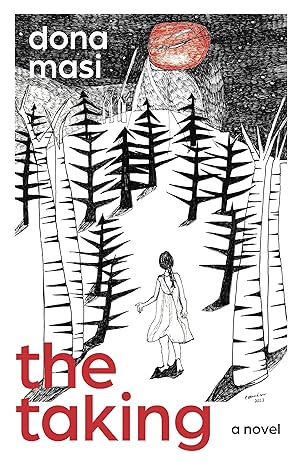



“Notice we don’t have to really like the character to root for them. We just have to feel their need.”
Well said, thanks for sharing your process
I really appreciate this piece.It has helped me improve in my writing in ways I’m sure I don’t yet fully realize. Especially the techniques provided by Paula in overcoming writer block. Gracias!
What a fantastic article! So clear and practical and exactly what I needed at this point in my writing journey!
Thank you
I found this so useful and I will definitely use the tips as I am currently attempting to write my first novel.
Hi Paula,
I really enjoyed reading your article – there’s some great practical tips that I hadn’t thought about before, particularly thinking about those theme / premise questions before starting to write. Thanks for the advice – look forward to putting it to practice and seeing what works for me.
Rebecca
Excellent and very sensible method for getting work done – I enjoyed that very much. Sometimes it’s the really simple things – like not numbering the chapters (goodness knows, I’ve been getting myself so confused with that one). I just wish I could find my family as accommodating with me in the afternoon, when I am in tired and crotchety (especially if the writing has’t been going well).
I loved that piece – and you’re like me! (Or, you know, I’m like you.) I also always start with a theme that has nothing to do with plot or characters but, yeah, with my view of the world. And then I take it silly places and hopefully disguise and distort it for long enough not to come off as preachy ;).
Interesting to see your triggers for writing. For me dialogue is usually the first thing that’s starts my writing. I hear a voice say something, not always profound but from that I build character, plot and premise. One of my short stories started with dialogue, “when you are ugly learn to sing” and from there I penned my play ‘The Black Pack’. Also I agree that your character must have a want/motivation but sometimes that want can be retrospective. Thanks for sharing.
something I’ve always wondered: do writers write as a purely linear process (which you seem to) or do they build up in layers, eg writing the ‘bones’ an outline or plot of each chapter, then adding conversation, then descriptions etc? Or both? Or something else?
I think most writers either have an idea and begin writing – doing multiple drafts until they shape their story. Or else (like me) they plan the story out first. I like to plan so I can focus on the actual writing as I go along x
I love posts like this which tell us about the technical aspects of putting those words on a page. As a writer myself, I like being able to try out new ways of approaching my writing. I like Paula’s technique of asking ‘which 3 ‘definites’ must be in the scene before I move on?’ I’m rarely blocked, but if I get waylaid I know there’s something wrong with the story. I remember an Agent going on about jeopardy and saying ‘make sure there is drama on every page’ – it’s true – it doesn’t need to be action-drama, but there are always ways to write an interaction, conversation, encounter that makes it more intense and dramatic. Great stuff, Paula!